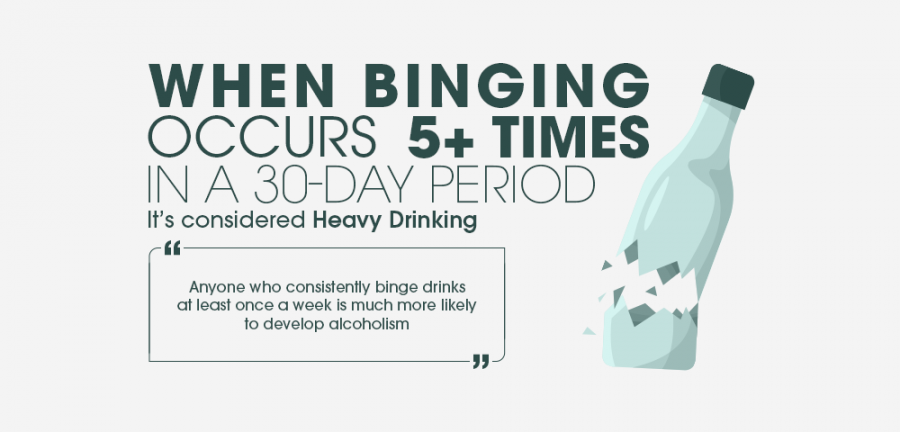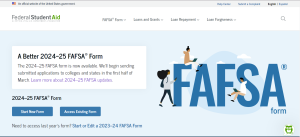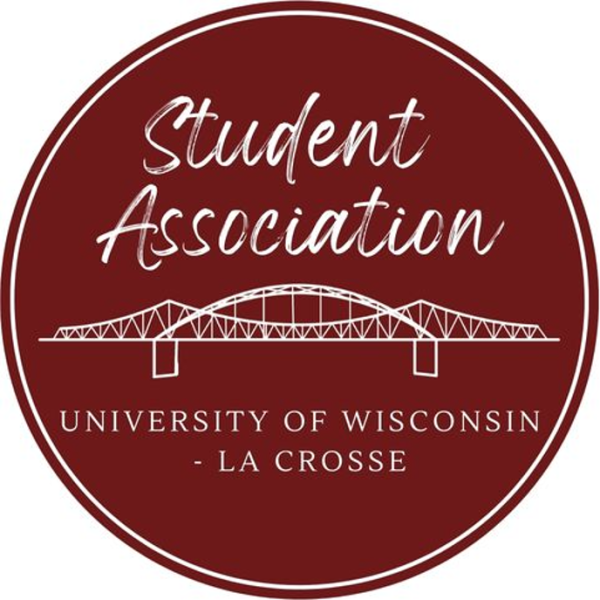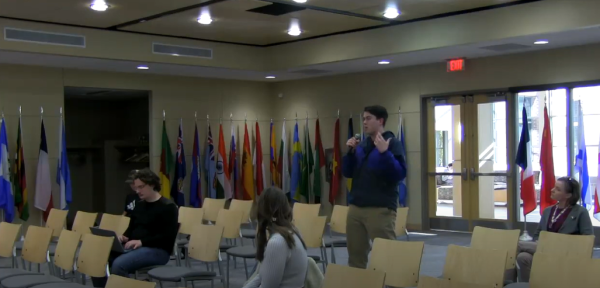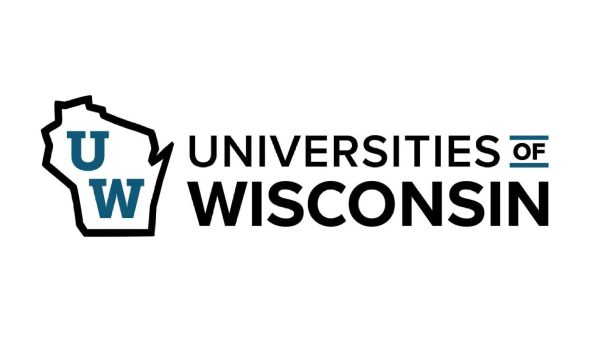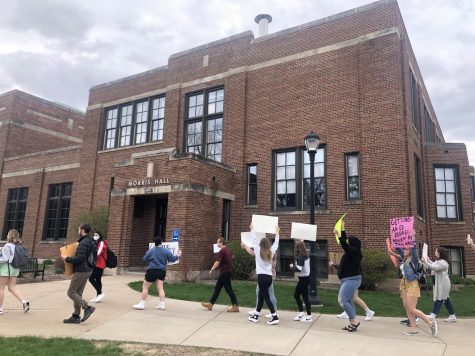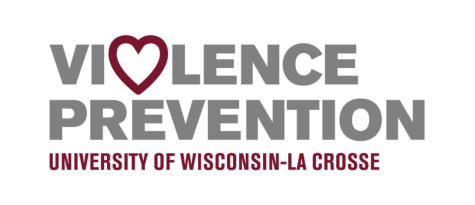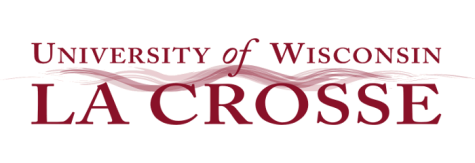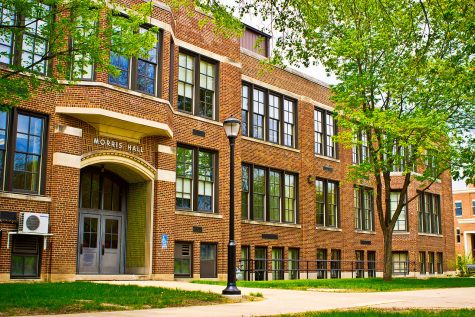Letter to the Editor: College-Aged Alcoholism is a Bigger Issue Than UWL Realizes
Photo Source: https://www.evergreendrugrehab.com/blog/obvious-alcoholic-drinking-behaviors-hard-ignore/
April 3, 2019
“I can’t wait to blackout this weekend,” I overhear my friend say as I sit in Murphy Library. I laugh it off with her, but deep down this exclamation hits me the wrong way. Alcohol-induced blackouts should not be regarded as available joke material. This language itself, not uniquely spoken by this one friend, contributes to a larger idea that consistent binge drinking behaviors are not only okay, but normal to participate in.
College-aged alcoholism can come in many forms. It can be drinking multiple beers every night of the week with some friends, binge drinking on the weekends to relieve the stress of weekday classes, or taking an alcoholic beverage to class just to get through lecture. Alcoholism, a term solely used for a self-diagnosis, and at times used interchangeably with Alcohol Use Disorder (AUD), refers to a “continued excessive or compulsive use of alcoholic drinks” according to Merriam-Webster Dictionary. There are 11 total symptoms designated by the DSM-V for describing AUD. Some of these symptoms may include: drinking more than intended, inability to perform in school or at a job, getting into dangerous situations due to drinking, blacking out, and drinking more because of having an alcohol tolerance.
Although some may argue that “you’re not an alcoholic until you leave college”, this is not the case. In a piece on college drinking, the National Institute on Alcohol Abuse and Alcoholism writes that “about 20 percent of college students meet the criteria for an AUD”. Based on this information, this means that one student in a group of five will experience the symptoms and qualify for an AUD. This is equivalent to about 1,940 UWL undergraduate students that may have an AUD. With that being said, UWL, as a Midwestern university with a strong drinking culture, should do more to inform their students about college-aged alcoholism, its presence on/off campus, and its effects. UWL’s Counseling and Testing Center offers information for the La Crosse Collegiate Recovery Program which can be found here. For more information about college-aged alcoholism, visit the National Institute on Alcohol Abuse and Alcoholism’s college fact-sheet:
https://pubs.niaaa.nih.gov/publications/CollegeFactSheet/Collegefactsheet.pdf

